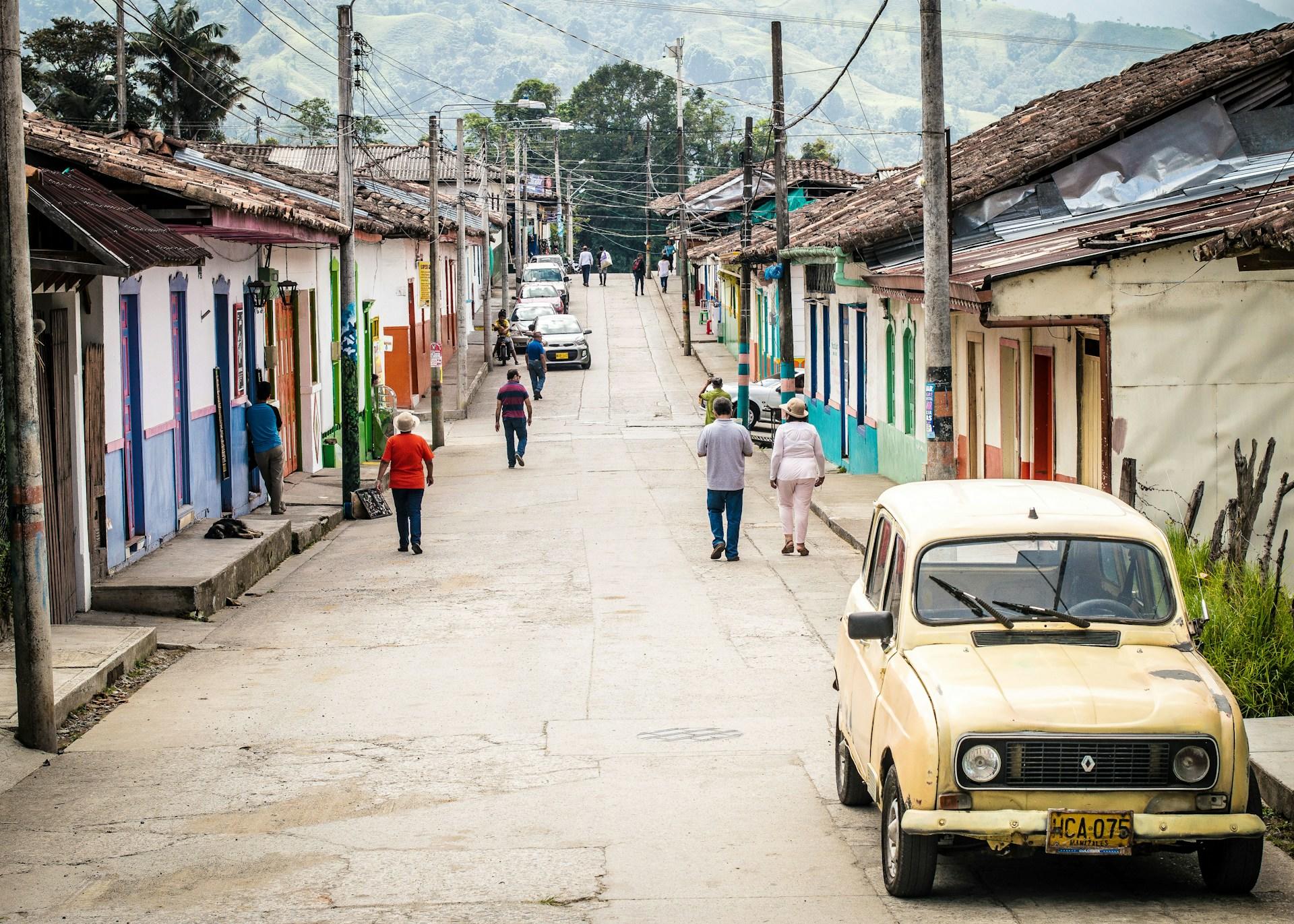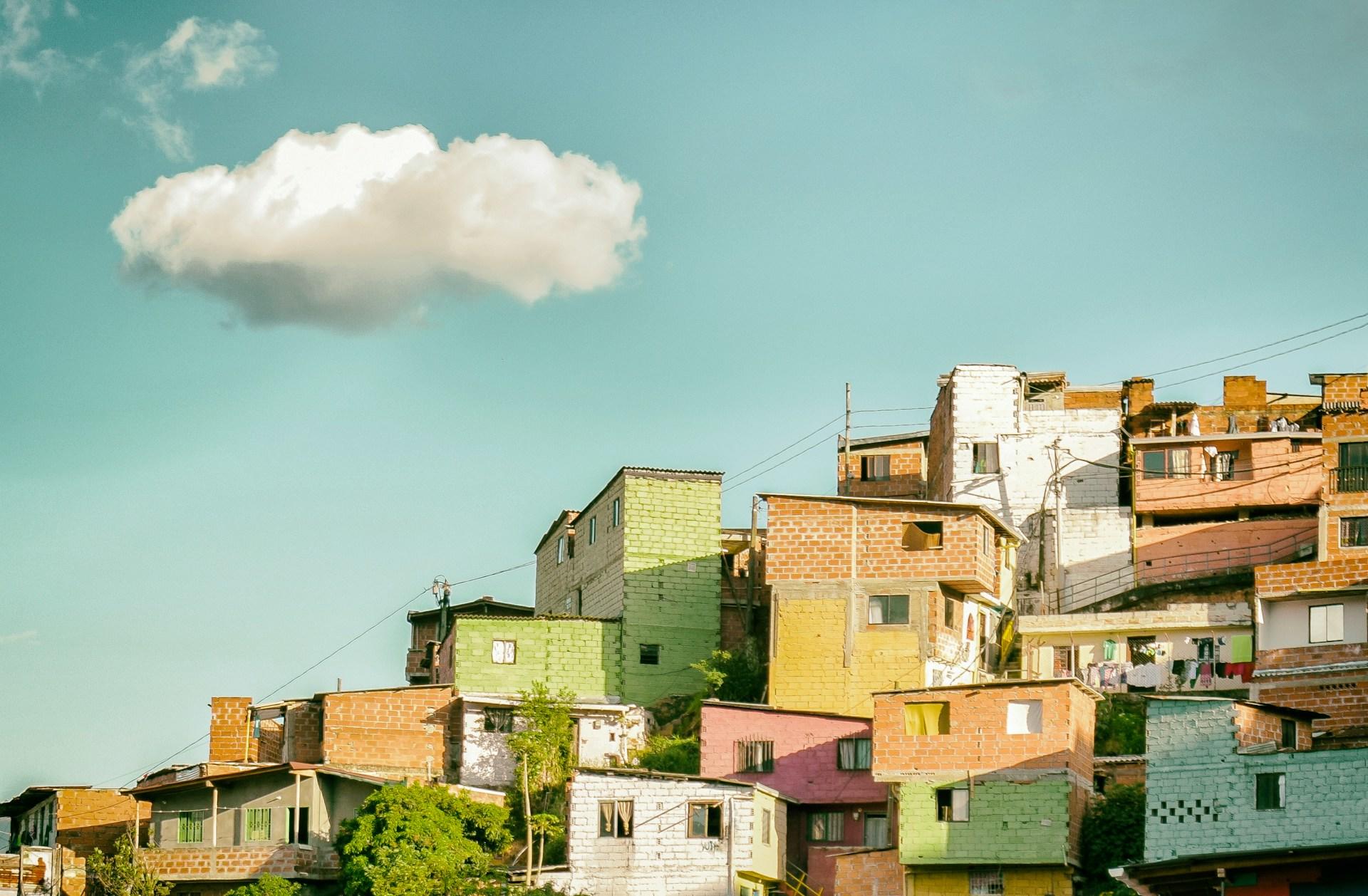Days of the week are really important for keeping our lives organized. In this exploration of the Spanish days of the week, we're going to learn about the names of each day. It's not just about knowing when things happen; it's also about understanding the culture behind the words.
Starting with Monday, called "Lunes," which marks the beginning of the workweek, and ending with Sunday, known as "Domingo," connected to religious activities and family time, each day has its own story to tell.
¡Bienvenidos a la semana española!

Days of the week in Spanish and their pronunciation
| English | Spanish | Pronunciation |
|---|---|---|
| Monday | Lunes | |
| Tuesday | Martes | |
| Wednesday | Miércoles | |
| Thursday | Jueves | |
| Friday | Viernes | |
| Saturday | Sábado | |
| Sunday | Domingo |
Note that in Spanish, days of the week are considered masculine, so when referring to the days of the week you would say "el lunes, el martes, el miércoles" etc.
Spanish is a phonetic language, meaning words are pronounced as they're written. Unlike English, Spanish letters consistently sound the same in every word. This phonetic consistency makes it easier to pronounce words accurately. For instance, when expressing the days of the week in Spanish, simply reading the words provides the correct pronunciation. Listen to the audio files in the table to check your pronunciation.
Learn Spanish greetings and how to say goodbye!

Expressing the Days of the Week In Singular or Plural
Days of the week in Spanish can function as both singular and plural nouns. To create a plural form, you typically add -s or -es to the end of a word. However, with days like lunes, martes, miércoles, jueves, and viernes, their singular and plural forms remain the same, denoted by the article or a number:
- "El lunes tengo cita con el dentista." (singular)
- "Los lunes tengo entrenamiento de fútbol." (plural)
- "Ya van 3 martes seguidos que comemos pescado." (plural)
For sábado and domingo, pluralisation involves adding -s: sábados, domingos.
Using Spanish Days of the Week in Sentences
Beyond memorising the days of the week, it's important to be able to use them naturally in a discussion. Check out these examples below and practice writing some of your own:
| Spanish Sentence | English Translation |
|---|---|
| El lunes es mi día favorito. | Monday is my favorite day. |
| Voy al gimnasio los martes. | I go to the gym on Tuesdays. |
| Mi reunión es el miércoles. | My meeting is on Wednesday. |
| Salimos a cenar los jueves. | We go out to dinner on Thursdays. |
| Tengo una cita el viernes. | I have an appointment on Friday. |
| Vamos al cine los sábados. | We go to the movies on Saturdays. |
| El domingo es día de descanso. | Sunday is a day of rest. |
| Los domingos son días de descanso. | Sundays are days of rest. |
| Los martes son días de mercado. | Tuesdays are market days. |
| Los sábados jugamos al fútbol en el parque. | On Saturdays, we play soccer in the park. |
| Los viernes salimos con amigos. | On Fridays, we go out with friends. |
Exploring The Days of The Week In Spanish Culture
- Lunes (Monday): The Spanish week begins with "Lunes," echoing the start of a new workweek. Derived from the Latin word "Luna," meaning moon, Lunes sets the tone for the days to come.
- Martes (Tuesday): Following Monday, we encounter "Martes." Named after the Roman god of war, Mars, Martes exudes energy and determination, making it a day of action and progress.
- Miércoles (Wednesday): "Miércoles" finds its roots in the Latin word "Mercurii," associated with the Roman god Mercury. Midway through the week, Miércoles offers a sense of balance and adaptability.
- Jueves (Thursday): Thursday, or "Jueves," pays homage to Jupiter, the king of the Roman gods. Known for its expansive and benevolent qualities, Jueves symbolizes growth and opportunity.
- Viernes (Friday): As we approach the end of the workweek, we encounter "Viernes," named after Venus, the goddess of love. Viernes invites us to unwind, socialize, and embrace the joyous moments.
- Sábado (Saturday): "Sábado," derived from the Hebrew word "Shabbat," signifies a day of rest and tranquility. This day allows individuals to recharge and engage in leisure activities.
- Domingo (Sunday): Finally, the week culminates with "Domingo," or Sunday. Rooted in the Latin word "Dominicus," meaning the Lord's day, Domingo is often associated with religious observances and family gatherings.
When we explore the days of the week in Spanish, we go beyond just knowing the order of days; we delve into a realm where each day's name holds deeper meaning and significance.

Tips For Remembering The Days Of The Week In Spanish
One of the best ways to remember Spanish vocabulary, is through song or rhymes. Here's a popular song that learners who are new to the Spanish language use to remember the days of the week:
The Cultural Significance of the Name of the Weekdays
The names of the days often reflect cultural influences, historical events, or even religious traditions. For example, in Spanish-speaking countries, Sundays (Domingo) are commonly associated with religious observances and family gatherings. The cultural context behind each day's name provides insights into the values and practices of the people who use them.

Let's explore the cultural significance of the days of the week, focusing on the example of Sundays (Domingo) in Spanish-speaking countries:
Sundays are typically considered a day of rest and worship in many cultures, including Spanish-speaking ones. The name "Domingo" is derived from the Latin word "Dominicus," meaning the Lord's day. This reflects the strong influence of Christianity, where Sunday is traditionally regarded as a special day for religious observances, including attending church services and spending time in spiritual reflection.
Beyond religious practices, Sundays hold cultural importance as a day for family gatherings and quality time. Many families use Sundays as an opportunity to come together, share meals, and enjoy each other's company. It's a day when people often prioritise spending time with loved ones, reinforcing family bonds and fostering a sense of community.
Various cultural traditions and celebrations are often tied to specific days of the week. Sundays may be associated with particular events, festivities, or rituals that hold cultural significance. Understanding these traditions provides a deeper insight into the values and customs of the community.
Learn to apologise in Spanish.

The association of Sundays with religious and family-related activities reflects broader cultural values. It underscores the importance placed on spirituality, communal connections, and the balance between work and personal life. These values are embedded in the language through the choice of names for the days of the week.
The naming of days becomes a linguistic representation of cultural identity. The use of "Domingo" for Sunday not only marks a specific day but also carries a cultural legacy, connecting individuals to a broader historical and religious context. Language, in this sense, becomes a vehicle for expressing and preserving cultural heritage.
Historical Connections of the Weekdays
Some names of weekdays have historical roots that connect them to significant events or figures. The Spanish word for Thursday, "Jueves," finds its etymological roots in the Latin word "Jovis dies," which translates to "day of Jupiter." In Roman mythology, Jupiter was considered the king of the gods, associated with the sky, thunder, and lightning. The influence of Roman culture on the Spanish language is evident in the naming of days, highlighting the enduring impact of ancient civilizations on linguistic development.
The Roman calendar, from which the seven-day week system originated, attributed each day to a celestial body or deity. Thursday was dedicated to Jupiter, known as Jove in Latin. This practice spread throughout the Roman Empire, and as the Roman Empire expanded and evolved, so did the calendar and its influence on languages, including Spanish.
The naming of days after celestial bodies and mythological figures not only served practical timekeeping purposes but also reflected the cultural and religious beliefs of the societies that adopted these systems. As languages evolved, the influence of Latin persisted, shaping the linguistic landscape and contributing to the development of the Spanish language as we know it today.
Here's the correct way to say "please" and "thank you" in Spanish.
Celestial Influences
Some days of the week have names linked to the sky or planets. In Spanish, Monday is called "Lunes," connected to the moon ("Luna" in Spanish). This tradition comes from ancient times when each day was connected to a celestial object. The moon, with its changing shapes, has always fascinated people. Calling Monday "Lunes" with the moon adds a nice and meaningful touch to the language, making it feel mysterious and beautiful.

The moon has been a symbol in many cultures, representing things like femininity, cycles, and change. By naming Monday after the moon, it subtly suggests new beginnings, like the start of a fresh week. This makes time feel like it's continuing and flowing in a regular way.
When we look at all the days of the week together, they create a sort of storytelling with threads of culture, history, and the sky. Each day adds something special to this storytelling, helping us understand how time is organized and seen in the Spanish-speaking world.
So, the names of the days, when looked at as a whole, make a storytelling tapestry. This tapestry includes cultural, historical, and sky-related elements, showing how people in the Spanish-speaking world think about and arrange their time.
Learn these common phrases and elevate your Spanish.
What does a Normal "Semana" look like?
A typical week in a Spanish-speaking country shares many similarities with weeks in other parts of the world, but there can be cultural variations in terms of work hours, meal times, and leisure activities. Here's a general overview:
- Workweek (La semana laboral)
- Monday to Friday: The standard workweek in many Spanish-speaking countries is from Monday to Friday. In some places, the workday may start a bit later and extend into the early evening, with a midday break for lunch. The exact work hours can vary depending on the country and specific workplace.
- Weekend (el fin de semana)
- Saturday and Sunday: The weekend typically spans from Saturday to Sunday, and these days are often considered a time for leisure, relaxation, and spending time with family and friends. Many businesses and offices are closed or operate with reduced hours on weekends.
- Meal Times:
- Breakfast: Breakfast, or "desayuno," is often a lighter meal and may include items like bread, pastries, coffee, or fruit.
- Lunch: "Almuerzo" is a significant meal in Spanish-speaking countries and is often the largest of the day. It is traditionally eaten during the midday break and can include several courses.
- Dinner: "Cena" is typically a lighter meal and is eaten in the evening. Dinner can vary in size and may include a variety of dishes.
- Afternoon Nap (Siesta):
- In some regions, especially in Spain and parts of Latin America, a short afternoon nap or "siesta" is a cultural practice. During this time, businesses may close, and people take a break to rest before continuing with their day.
- Religious Observances (las observancias religiosas)
- Depending on the country and the individual's beliefs, weekends may include religious observances, with Sunday being a day for attending church services and spending time with family.
It's important to note that there can be variations in these patterns based on specific cultural practices, regional customs, and individual lifestyles within different Spanish-speaking countries. The pace and structure of a week can vary, offering a diverse and dynamic experience across the Spanish-speaking world.















